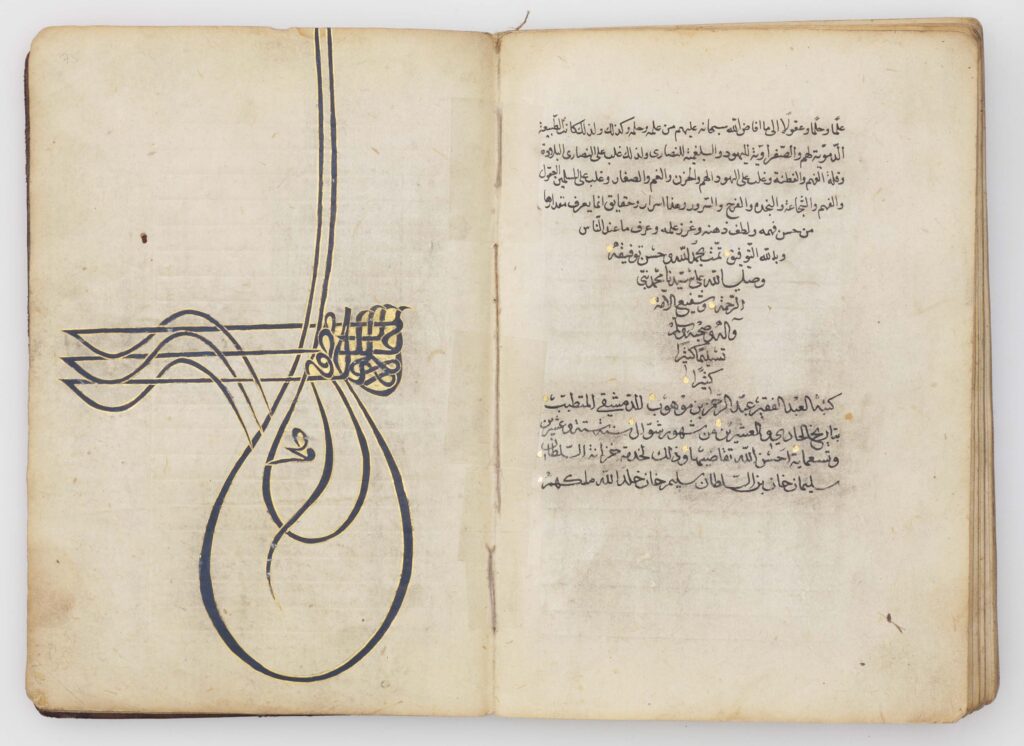Prophetic medicine, a part of Islamic traditions, focuses on using natural remedies and dietary recommendations based on the teachings of the Profet Muhammed. It encompasses a holistic approach to health, including preventative measures like dietary habits, hygienic practices, and stress management.

Key aspects of Prophetic medicine:
- Natural Remedies:It emphasizes the use of natural herbs, foods, and other substances for treatment and prevention. Examples include honey, olive oil, nigella sativa (black seed), and dates, which have been cited in the Quran and the sayings of the Prophet Muhammad.
- Preventative Measures:Prophetic medicine stresses the importance of adopting a healthy lifestyle to prevent illness, including proper nutrition, hygiene, and avoiding harmful substances.
- Holistic Approach:It considers the physical, mental, and spiritual aspects of health, incorporating dietary guidelines, spiritual practices, and stress management techniques.
- Dietary Guidelines:Prophetic medicine recommends specific dietary habits, such as consuming a balanced diet, avoiding excessive eating, and using certain foods for their medicinal properties.
- Hygiene and Cleanliness:It emphasizes the importance of personal hygiene and environmental cleanliness for maintaining health and preventing disease.
- Emotional and Spiritual Wellbeing: Prophetic medicine recognizes the link between mental and spiritual well-being and physical health, encouraging practices like prayer, supplication, and mindful living.
Examples of Prophetic Medicine Remedies:
- Al-Hijamah (Wet Cupping):A traditional practice involving the creation of small punctures on the skin to draw out impurities and relieve pain.
- Nigella Sativa:A seed with a long history of medicinal use, believed to have antioxidant and anti-inflammatory properties.
- Olive Oil:Recommended for both internal and external use, with numerous health benefits attributed to it.
- Honey:Highly valued for its medicinal properties, including its ability to heal wounds, soothe coughs, and boost the immune system.
- Ajwa Dates:A type of date with various health benefits, including being a source of energy and promoting digestive health.
- Other Medicinal Plants:The Quran mentions various medicinal plants, including ginger, garlic, and figs, which are also used in Prophetic medicine.
According to Hadith compiler Abu Dawood’s work Sunan Abu Dawood, Muhammad had advised the application of henna in case of leg pain:Narrated by Salmah, the maid-servant of the Prophet, said: No one complained to the Prophet of a headache but he told him to get himself cupped, or of a pain in his legs but he told him to dye them with henna.— Abi Dawud Book 28, Hadith 3849. In Ibn Majah’s Sunan ibn Majah, Muhammad has been described as using henna for external injuries:Salma Umm Rafi’, the freed slave woman of the Prophet, said: “The Prophet did not suffer any injury or thorn- prick but he would apply henna to it”— Ibn Majah Vol. 4, Book 31, Hadith 3502
Scientific Evidence and Research:
While much of Prophetic medicine is rooted in tradition, there is growing interest in exploring the scientific basis of its remedies. Studies are underway to investigate the efficacy and safety of various Prophetic medicine practices and treatments.